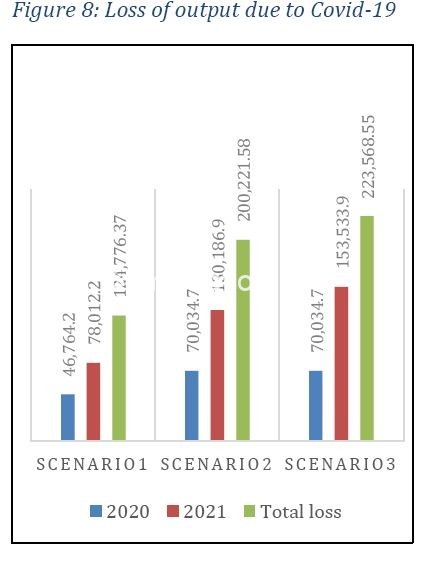Employers fear for more job cuts
Employers Consultative Association of Malawi (Ecam), a grouping of private sector employers, says there could be more job cuts in view of the new wave of Covid-19 which will dampen productivity.
Ecam executive director George Khaki said in an interview on Tuesday that the rising cases of Covid-19 and resultant restrictions will make the business environment uncertain and hazy.

He said: “Containment measures will mean less productivity and reduced revenue generation. We cannot export our commodities as many countries that we deal with are under lockdowns of various sorts.
“In the same vein, we cannot get critical imports for inputs in good time. We expect more retrenchments. In worse-case scenario, we expect some employers to go under.”
In its Assessment of the Impact of Covid-19 on Employment in Malawi last year, Ecam and the International Labour Organisation (ILO) estimated that the pandemic would cost the Malawi labour market between 273 712 and 680 496 current and future jobs.
This translates to a three to seven percent loss of jobs that would have been available had the crisis not befallen the country.
In terms of the absolute numbers, most of the jobs will be lost in the agricultural sector as it is the largest sector of the economy and employs more than 60 percent of the total workforce.
The assessment projected that if the Covid-19 crisis persists up to the first quarter (January to March) of 2021, the agriculture sector could lose 274 084 jobs.
In a separate interview, Chamber for Small and Medium Enterprises executive secretary James Chiutsi said while its members are worried that this could be the worst year, the chamber is concerned that it has not received any meaningful interventions that could support growth and survival.
He said: “We need capacity building on how businesses can survive in these pandemic times and an extension of moratorium on loans and reduced charges on both bank and mobile money transactions.
Meanwhile, Malawi Confederation of Chambers of Commerce and Industry (MCCCI) has projected that this year will be challenging for businesses, especially in the first-half (January to June), as the duration and extent of devastation of the second wave of pandemic could not be estimated with precision.
MCCCI has since called for concerted efforts to constrain the further spread of the virus through stringent public health measures, while providing targeted monetary and fiscal incentives to sustain the core economic activities in the informal, manufacturing, SME and hospitality sectors.
Last week, the Ministry of Economic Planning and Development and Public Sector Reforms announced that it is ready to roll out the K20.5 billion urban social cash transfer programme from end January to March in which 185 247 households will each received K35 000 per month.





